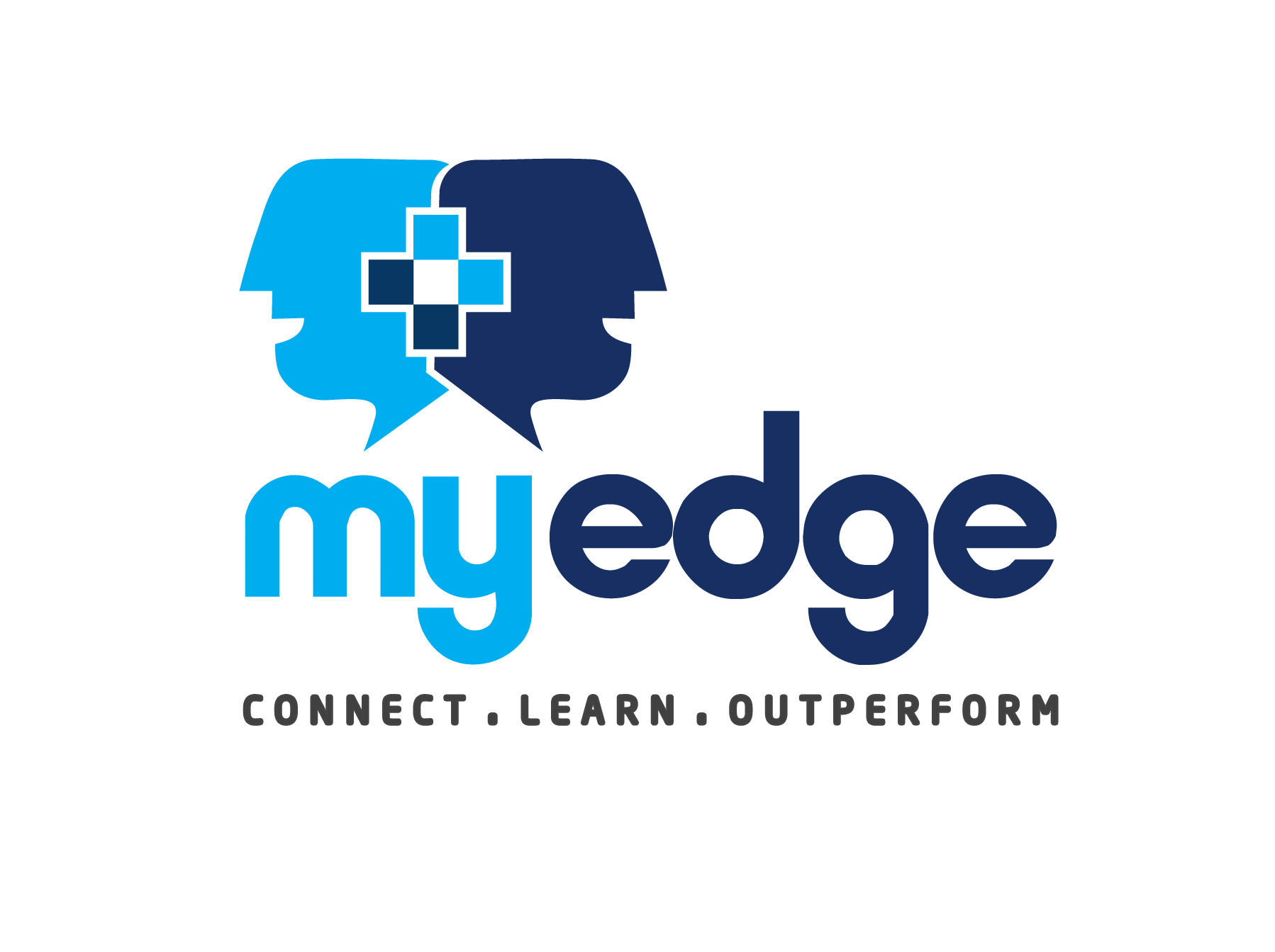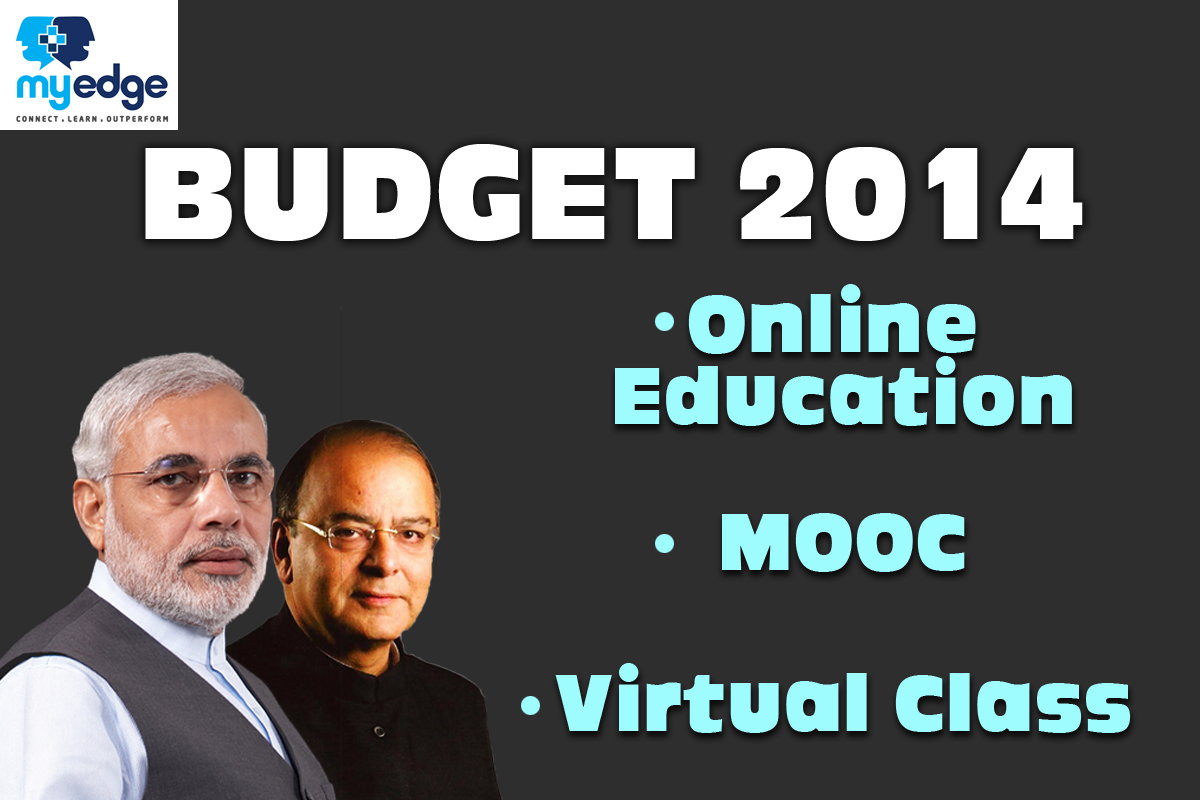In the recently announced fiscal budget for the year 2014-15, India’s finance minister Mr. Arun Jaitley has allocated Rs. 100 crores (approximately $17 million) for online courses and virtual classrooms. This may have been surprising for many, but we at MyEdge had already predicted such a move given the massive demand supply gap and thrust of the new government on technology. In the last 5 years, we have witnessed the online education sector (particularly – MOOCs (Massive Online Open Courses)) gain significant ground in the west. This idea may be at a nascent stage in our country however its benefits have already accrued in other parts of the world. The primary reasons for its success have been its innate qualities such as adaptability, endless possibility, real time learning, enhancement of quality, “best in class” teaching and cost effectiveness for the students. All of these are challenges which our current education system faces which the Government is trying to address. Thus, it can be sensed that the success of online courses and virtual classrooms, if effectively conceptualized & implemented, is a foregone conclusion.
As a result of the initial success of such programs & pedagogy, a number of companies have cropped up to seize this massive opportunity. Companies such as Coursera, Udacity, Udemy, EdX, Code School have seen an exponential growth by offering online courses of prestigious universities including the Ivy League. For example Coursera, a US based service provider, offers in excess of 300 courses in 20 subjects which includes designing, arithmetic, humanities amongst other designed by 60+ varsities based out of 16 nations.
Why MOOCs & Virtual classes have become so famous in the US?
Compared to traditional way of classroom teaching, virtual classes offer a more effective way of learning at one’s own pace & interest levels at a much subsidized cost for the student. Online chatting, support over telephone and forum discussions are provided by teachers to enhance the level of learning further. The money saved from investing in fancy campuses can be put in much more effective use such as teacher training, research & development to improve online experience and much more.
Online courses also help working professionals & housewives to enhance their vocational skills & knowledge without leaving their jobs/daily errands.
The Indian Scenario
The concept of virtual classroom is at an incipient stage today, however it has the potential to gain quick ground in India. With an estimated 150 mn people in the age group of 18-23 years, the Indian education sector offers the most alluring market for private and foreign players. The recent announcement by the Modi Government of allocating a budget of about US$ 17 mn for Virtual Classroom and online courses vindicates the commitment of the government to use technology to reach out to the masses.
Benefit for Indian Students: Case Study
Unlike many software development and animation courses, new innovations in technology such as mobile application development, wordpress development, Data Analytics and Cloud Computing are not being offered as standalone programs by any educational institution. This is primarily because of two reasons:
1) Lack of availability of faculty in these specialized domains; and
2) Lack of awareness amongst the students about the potential of such courses in the future;
The use of virtual classes and online courses in tandem can be an effective method for addressing the above challenges. The use of technology ensures that the awareness of the benefits of such programs is wide spread, permit learners to take such classes as per their convenience & provide access to domain experts(faculty) residing in India or any part of the world. The virtual classes can be recorded and shared with a larger audience also to percolate the benefits to the masses.
Social Learning Platforms such as MyEdge.in, which provides access to virtual classroom tool and online courses with the possibility of connecting with renowned faculties specializing in various domains from across the world, can become the backbone for transforming the academic landscape of this world.
Challenges which online programs can potentially face in India
In a country where certificates/degrees/diplomas have more worth and significance than genuine possession of skills or expertise, an absence of accreditation and certification of online courses will be a major issue impacting the popularity of such programs. Be that as it may, as our businesses and industry attitudes mature with time, MOOCs will be received as a credible avenue of learning in the not so distant future.
Way forward
Recognizing this vast opportunity, various online portals and virtual learning platforms such as MyEdge.in are forming associations with colleges/universities and industry in order to make these programs attractive for the target audience. Finally to sum it up, one can safely assume that, with the help of an effective policies framework implemented by the Modi government, MOOCs and virtual classrooms are all set to change the face of academic sector in India and one can sincerely hope that this wave ushers in a new, reformed, connected and well-informed India.

